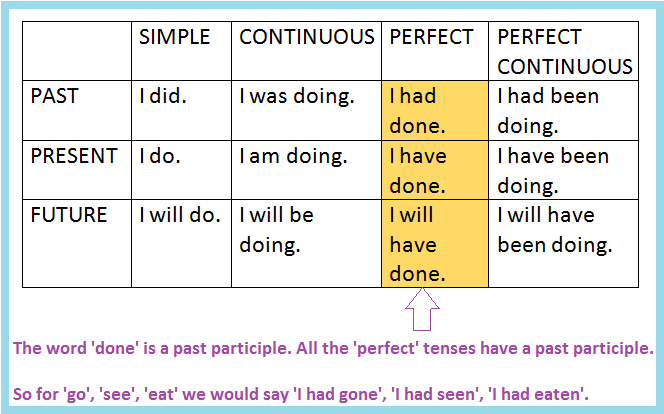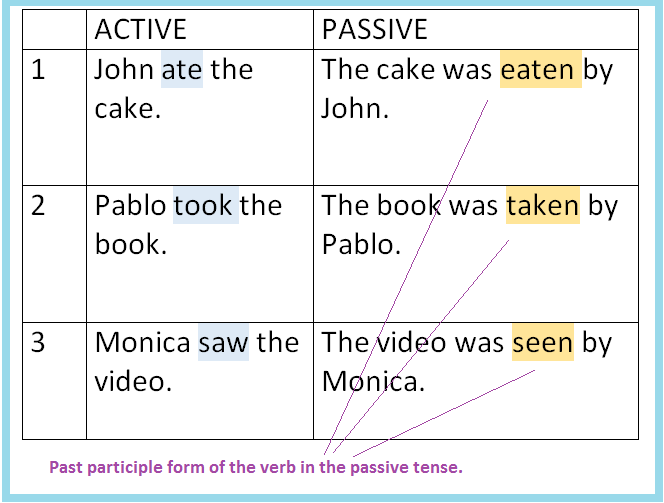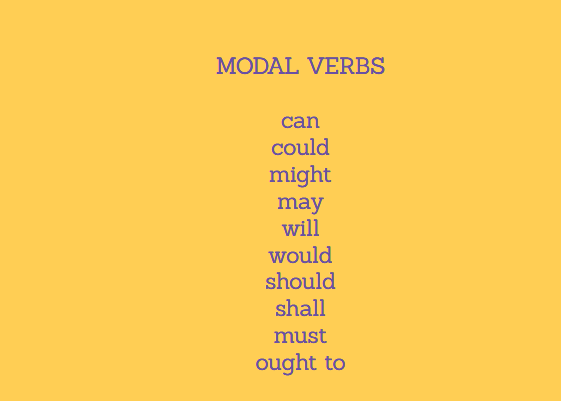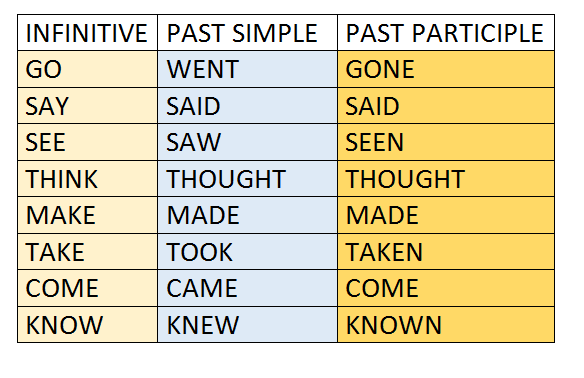What are irregular verbs with examples?
What are verbs?
Verbs are words that tell us what people do. They are usually actions.
So for example:
Peter teaches in a school, his sister Ana cooks food in a restaurant.
The words ‘teaches’ and ‘cooks’ are verbs, because they tells us what these two people are doing.
REGULAR VERBS
Regular verbs are verbs which end in ‘ed’ in the past such as: Cooked, visited, walked, talked, discussed. It is easy to remember how to say them in the past because all you have to do is add an ‘-ed’.
IRREGULAR VERBS
Irregular verbs do not end in ‘-ed’ and differ from word to word. Here are some of the most common verbs in English and they are all irregular.
- Go
- Say
- See
- Think
- Make
- Take
- Come
- Know
Go is ‘Go’ in the infinitive (original form) but ‘went’ in the past simple and ‘gone’ in the past participle’.
Here is a longer list of many of the irregular verbs in English:
| Infinitive | Past Simple | Past Participle |
| arise | arose | arisen |
| awake | awoke | awoken |
| be | was/were | been |
| bear | bore | born(e) |
| beat | beat | beaten |
| become | became | become |
| begin | began | begun |
| bend | bent | bent |
| bet | bet | bet |
| bind | bound | bound |
| bite | bit | bitten |
| bleed | bled | bled |
| blow | blew | blown |
| break | broke | broken |
| breed | bred | bred |
| bring | brought | brought |
| broadcast | broadcast | broadcast |
| build | built | built |
| burn | burnt/burned | burnt/burned |
| burst | burst | burst |
| buy | bought | bought |
| can | could | … (been able) |
| catch | caught | caught |
| choose | chose | chosen |
| cling | clung | clung |
| come | came | come |
| cost | cost | cost |
| creep | crept | crept |
| cut | cut | cut |
| deal | dealt | dealt |
| dig | dug | dug |
| do | did | done |
| draw | drew | drawn |
| dream | dreamt/dreamed | dreamt/dreamed |
| drink | drank | drunk |
| drive | drove | driven |
| eat | ate | eaten |
| fall | fell | fallen |
| feed | fed | fed |
| feel | felt | felt |
| fight | fought | fought |
| find | found | found |
| fly | flew | flown |
| forbid | forbade | forbidden |
| forget | forgot | forgotten |
| forgive | forgave | forgiven |
| freeze | froze | frozen |
| get | got | got |
| give | gave | given |
| go | went | gone |
| grind | ground | ground |
| grow | grew | grown |
| hang | hung | hung |
| have | had | had |
| hear | heard | heard |
| hide | hid | hidden |
| hit | hit | hit |
| hold | held | held |
| hurt | hurt | hurt |
| keep | kept | kept |
| kneel | knelt | knelt |
| know | knew | known |
| lay | laid | laid |
| lead | led | led |
| lean | leant / leaned | leant / leaned |
| learn | learnt / learned | learnt/learned |
| leave | left | left |
| lend | lent | lent |
| lie (in bed) | lay | lain |
| lie (to not tell the truth) | lied | lied |
| light | lit/lighted | lit/lighted |
| lose | lost | lost |
| make | made | made |
| may | might | … |
| mean | meant | meant |
| meet | met | met |
| mow | mowed | mown/mowed |
| must | had to | … |
| overtake | overtook | overtaken |
| pay | paid | paid |
| put | put | put |
| read | read | read |
| ride | rode | ridden |
| ring | rang | rung |
| rise | rose | risen |
| run | ran | run |
| saw | sawed | sawn/sawed |
| say | said | said |
| see | saw | seen |
| sell | sold | sold |
| send | sent | sent |
| set | set | set |
| sew | sewed | sewn/sewed |
| shake | shook | shaken |
| shall | should | … |
| shed | shed | shed |
| shine | shone | shone |
| shoot | shot | shot |
| show | showed | shown |
| shrink | shrank | shrunk |
| shut | shut | shut |
| sing | sang | sung |
| sink | sank | sunk |
| sit | sat | sat |
| sleep | slept | slept |
| slide | slid | slid |
| smell | smelt | smelt |
| sow | sowed | sown/sowed |
| speak | spoke | spoken |
| spell | spelt/spelled | spelt/spelled |
| spend | spent | spent |
| spill | spilt/spilled | spilt/spilled |
| spit | spat | spat |
| spread | spread | spread |
| stand | stood | stood |
| steal | stole | stolen |
| stick | stuck | stuck |
| sting | stung | stung |
| stink | stank | stunk |
| strike | struck | struck |
| swear | swore | sworn |
| sweep | swept | swept |
| swell | swelled | swollen/swelled |
| swim | swam | swum |
| swing | swung | swung |
| take | took | taken |
| teach | taught | taught |
| tear | tore | torn |
| tell | told | told |
| think | thought | thought |
| throw | threw | thrown |
| understand | understood | understood |
| wake | woke | woken |
| wear | wore | worn |
| weep | wept | wept |
| will | would | … |
| win | won | won |
| wind | wound | wound |
| write | wrote | written |
It is useful to know the past participle because we use them in three tenses of English which are the: *present perfect *past perfect *future perfect

Passive sentences
The past participle is also used in passive sentences. Most sentences in English are active sentences. In active sentences we say the name of the person or thing that does the action in the beginning of the sentence.
For example,
‘Peter wrote the book’. Peter is the ‘agent’, the person/thing that did the action. The ‘agent’ is at the beginning of an active sentence. Over 90% of sentences in English are active.
In a passive sentence the agent is either at the end of the sentence or not there at all. So in a passive sentence we would say ‘The book was written by Peter.’ Not only would we change the word order but we would change the verb from ‘wrote’ to ‘written’. ‘Written’ is the past participle form. So in active form we would say: ‘John ate the cake.’ ‘ Pablo took the book’. ‘ Monica saw the video’.
In passive it would be: ‘The cake was eaten by John.’ ‘The book was taken by Pablo.’ ‘The video was seen by Monica.’ So ‘ate’ becomes ‘eaten’, ‘took’ becomes ‘taken’, ‘saw’ becomes ‘seen’.

‘Eaten’, ‘taken’, ‘seen’ are the past participle forms of these words.
Modals in the past

The past participle can also be used in sentences with modals. We put ‘have’ after the modal verb and then the past participle.
Here are examples.
- He can’t have taken the pen, he wasn’t there that day.
- She could have seen him, she was there in the morning.
- He might have stolen it, he is not an honest person.
- They may have removed it, we don’t know.
- He would have paid for it, if he had the money. (this is actually a 3rd conditional, more on that later).
- You should have studied harder, you were lazy!
- He must have written that graffiti there, no one else was there!
- You ought to have arrived earlier!


